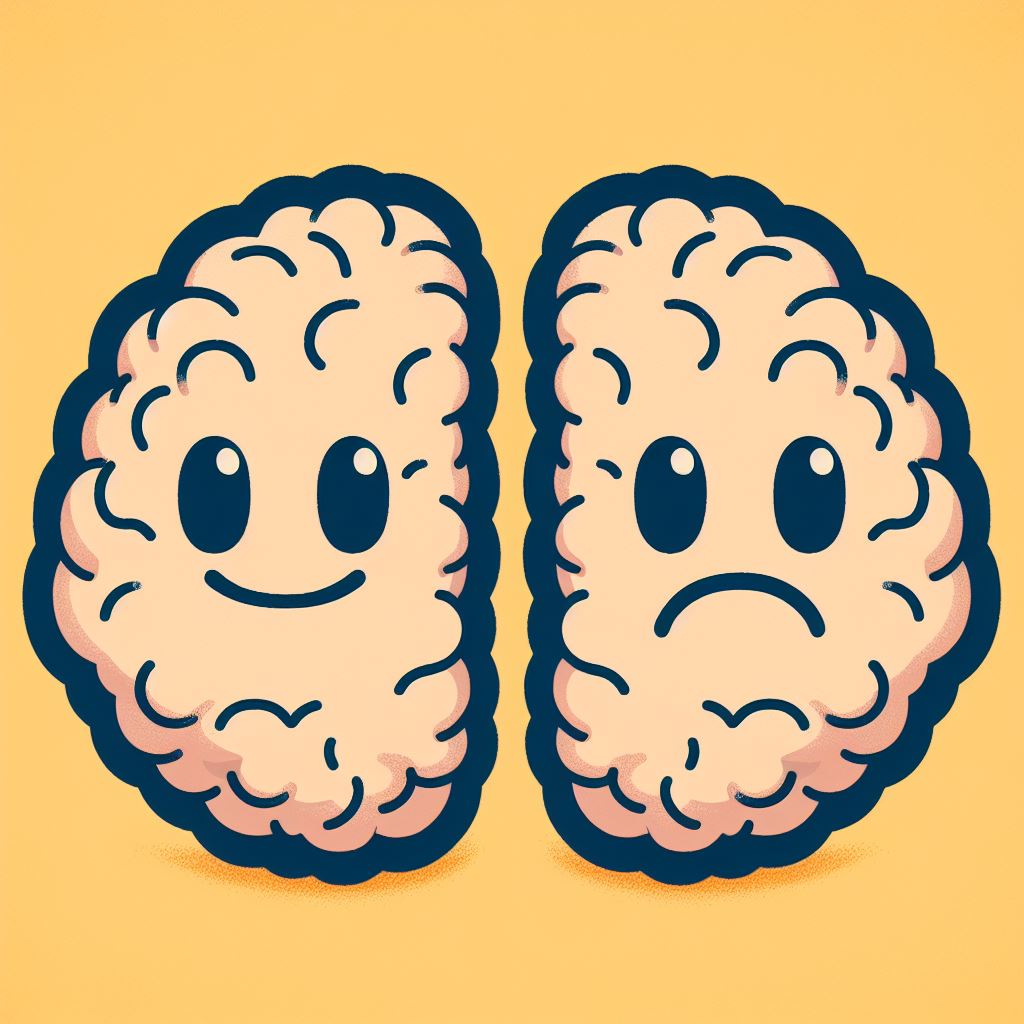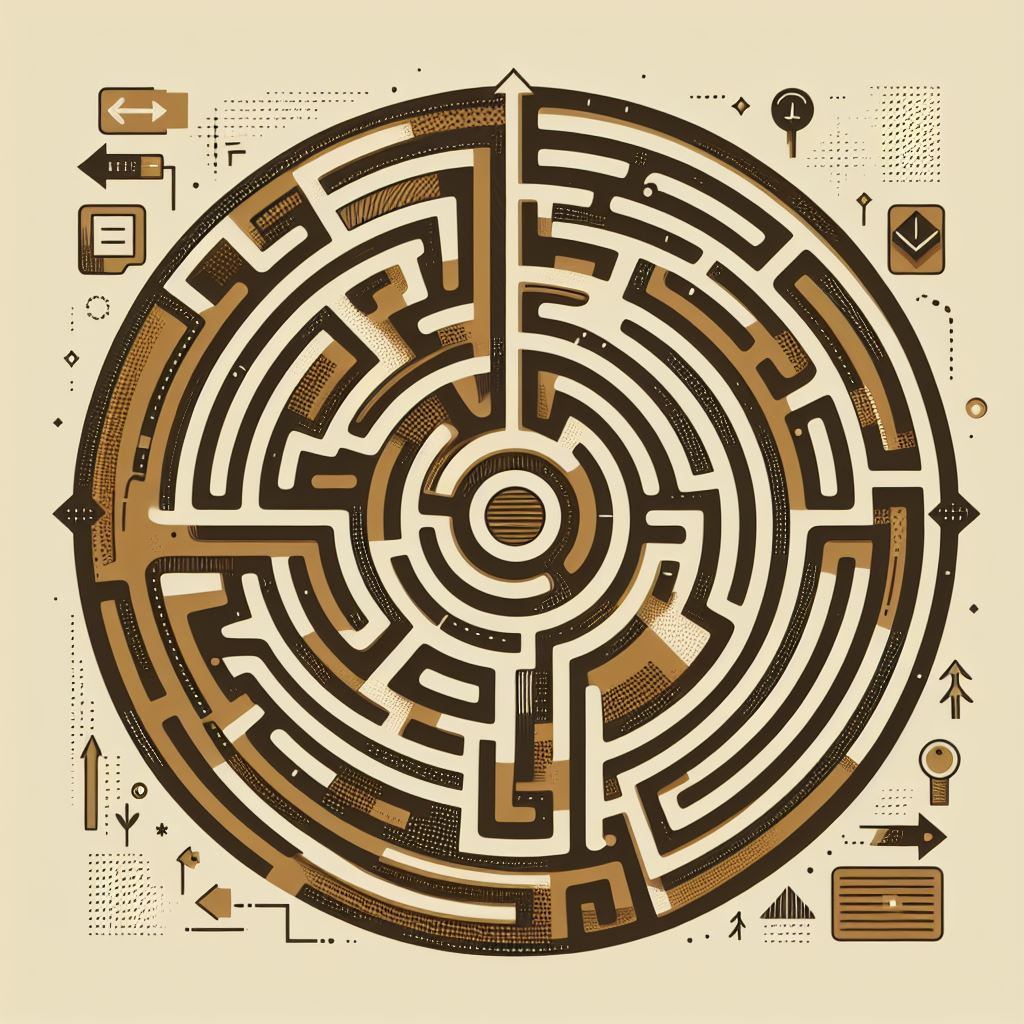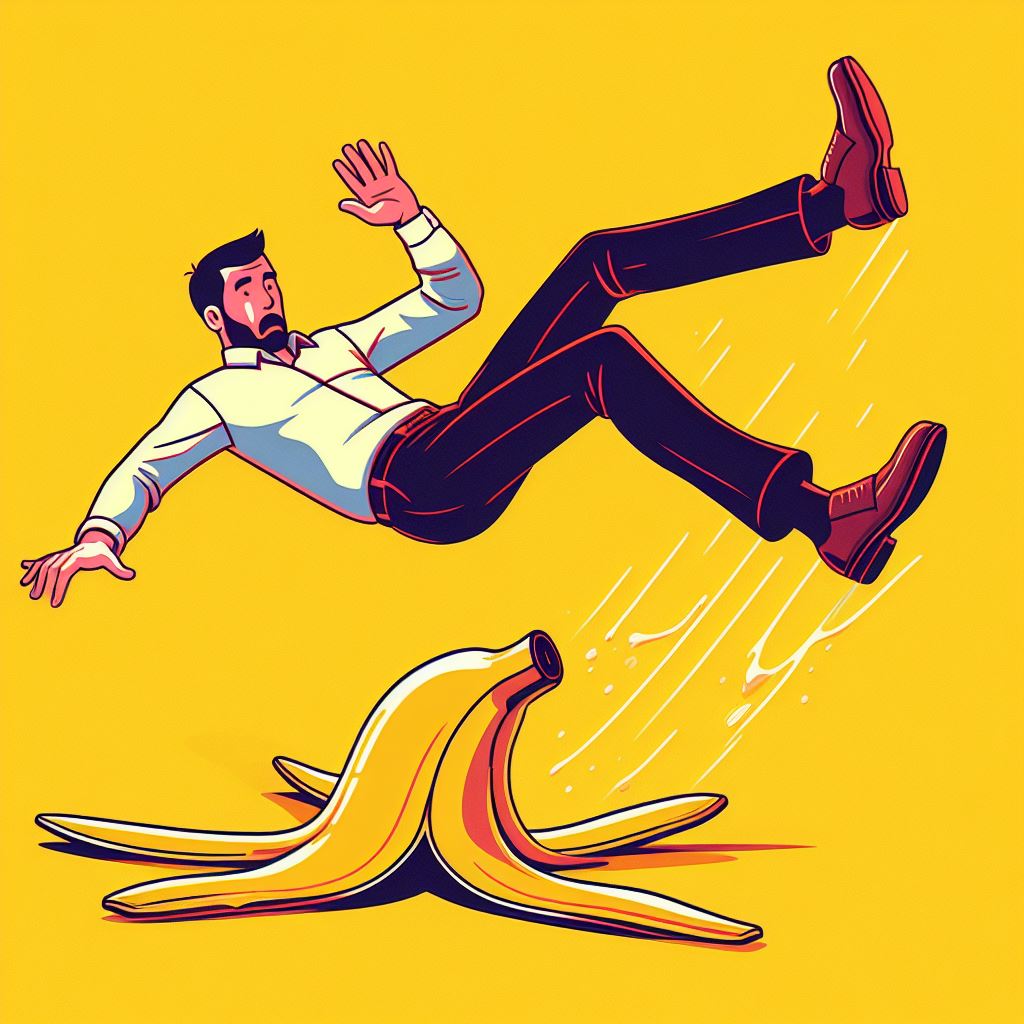
Learn how to improve your thinking, including tools, advice, and exercises from Cognitive-Behavioral Therapy and Positive Psychology.

Focusing Too Much on “Me” Can Feed Into Depression and Negativity
What's the difference between self-awareness and self-indulgence? A new study shows that focusing too much on yourself, and excessively using words like "I" and "Me," may feed into depression.

Rumination vs. Savoring: The Neural Dynamics Between Positive and Negative Thinking
Rumination is the cornerstone of depression and anxiety. It's characterized by an excessive replaying of negative thoughts and memories. A new study finds rumination activates the same brain regions as savoring, or the replaying of positive thoughts. Can depressed people learn to use their brains' natural abilities in a more constructive way?

The Necessary Pain of Trial-and-Error
Trial-and-error is one of the most useful forms of learning. When we make an error, or fail at something, we give ourselves an opportunity to analyze that failure, make a change, and then try again.

How Your Brain Reacts to Mistakes Depends on Your Mindset
How do you react when you make mistakes? Your mindset – and how you respond to your errors in the moment – can make a big difference in how quickly you learn and improve.

Starting a New Chapter in Your Life
What does it mean to start a new chapter in your life? Psychology research shows how using rituals and "symbolic" behaviors can help us get over the past and embrace the future.
